How Google Indexing looks like?
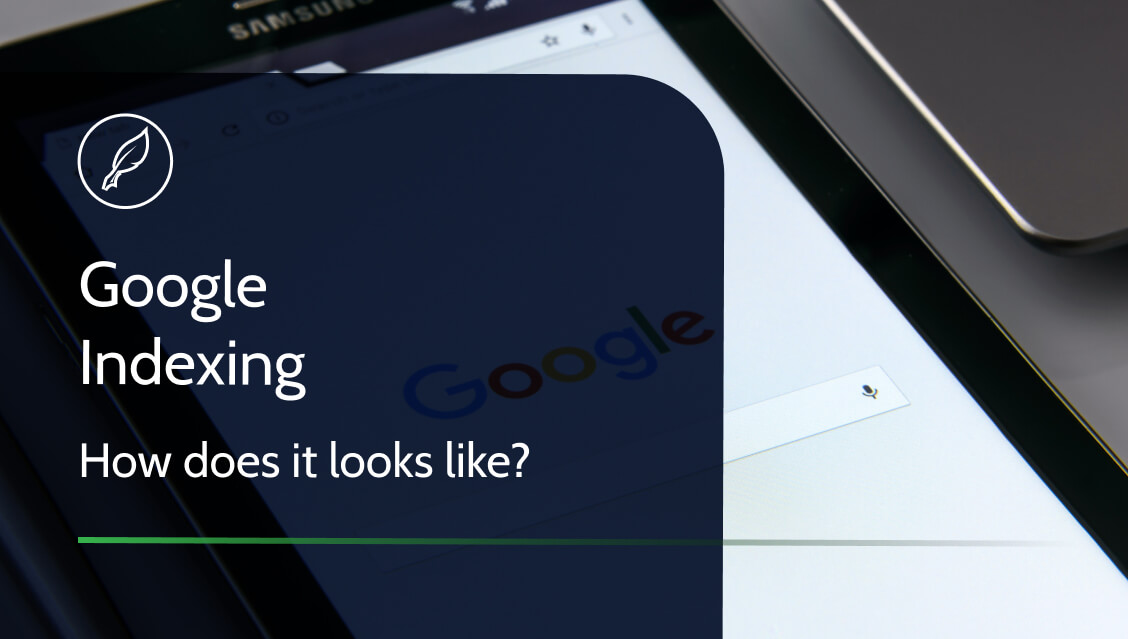
Although every person uses the Google search engine many times a day, we are not aware of the processes it consists. Today we will discuss what is constantly happening, even before the research – that is, indexing the websites available.
What does Google do when no one is watching?
Google obtains around 92% of the overall market share among search engines. That is why it can be said it is globally the most popular among them. After all, it is hard to find a person who would not use services that Google offers. We are not only talking about the search engine, but also Google Disk, Maps, translator, browser, multimedia store or email.
We are particularly interested in what Google became famous for – that is the development of methods for cataloguing the content published on websites that also made it possible to form the world’s largest search engine. It the same as Internet surfing. The main reason why is the fact that without Google, the entire branch of digital marketing through the Internet would not have developed so far (along with the copywriting and content writing that are its integral parts).
Of course, at the time of Google’s origins (back to 1998), there were fewer websites, and the global network structure remained quite poor. Many things has changed over these 22 years – of course, the technologies that Google makes use of have evolved too. Nowadays, the search engine shares its own methods and ideas by publishing exhaustive descriptions of the algorithms it recently uses. Thanks to them, we know (even though we are not aware of its code) how Google search work and what is taken into account.
On the other hand, the search engine does not remain active only when its users are looking for something (even though according to the global intensity of Internet research it would never take a break). Searching is preceded by a separate processes known as indexing.
The definition of indexing
Indexing is the process that contains activities like cataloguing and organizing information on websites.
The Internet is changing and developing dynamically, which is why it is necessary to update the current structure and resources all the time. Some websites do not exist the day before, while the scope of content published on others may have changed quickly. Some websites could have disappeared. Therefore, indexing is performed every time before starting a given query research. Its effect is to create – for the search engine later use – something like index of a book, which allows us to place the relevant information.
Websites are indexed in accordance with the words they contain.
In order for the algorithms to recognize and catalogue the website content, it takes a number of factors. One of the most important one is the choice of keywords that signal the thematic content. However, had the system relied solely on them, the precision of such action would have been low. After all, the saturation of keywords should take 0.5-3% of the volume of the entire text, and in addition, it must not be intrusive and against stylistic rules. It is not the only criterion.
Google make use of Knowledge Graph. It is a set of definitions and descriptions of facts from given domains, mutually and logically related to each other, which facilitates access to information. Thanks to that, the intention of search for a given term and selection of the results is accurate and better understanded. When processing the users’ quotes, it adjusts them to a specific issue and looks for websites that contain comprehensive, thematic cross-section.
Indexing is therefore like clearing paths as it is based on creating an appropriate database for searching.
How to index?
You need to refer to a collection of previously catalogued websites and sitemaps. Indexing is done by robots that move from one location to another on links that refer to other websites within one structure and other external websites.
During this process, the algorithms determine what websites are included in the index that will be created. Those focus mainly on websites that have not been visited so far, the ones that changed and websites which contain inactive links. All done in accordance with the decision process, which aim is to determine whether scope of information on a website will be available and widely used by the search engine in the future.
If we are the owner of a website, we could influence the indexing process on our own, for example by excluding some of our content or by specifying how it should be done. This can be done through a tool provided by Google search engine – the one called Search Console.
Indexing – what comes next?
The readymade index or a set of an analogous structure is later used by the search engine to display the relevant search results. The Internet is a set devoid of imposed structure, hence the need for indexing every time when it perform search.
Although it is often less than one second that passes between typing a query and obtaining a result, many things are taking place. The search engine operating is undoubtedly an interesting and stunning issue. Since each of us have been using it regularly, it is worth knowing what is happening during the process discussed and why we have to hear about data collection carried out by Google that often.
Summary
- Searching is preceded by a process called indexing.
- It consists in creating a finished “index”, that is a set of information obtained from websites. Search engine makes use of it to facilitate finding an adequate answer or reply to a query given.
- Data stored are obtained from previously performed operations and websites created by its owners.
- You remain independent and influence the indexing using the tools that Google has provided to its users.



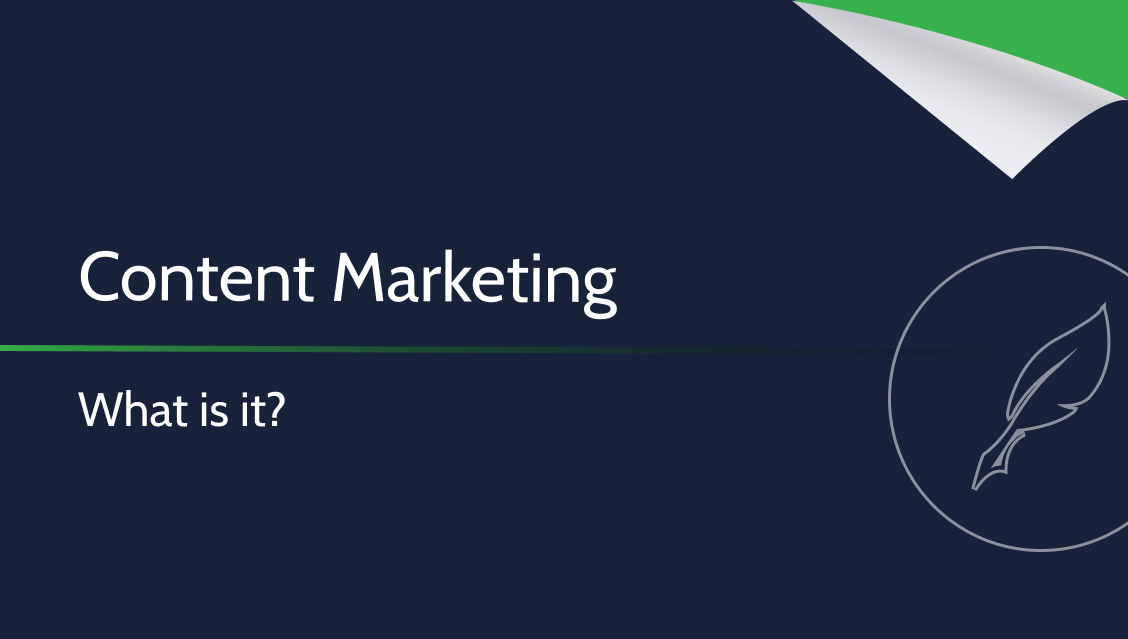



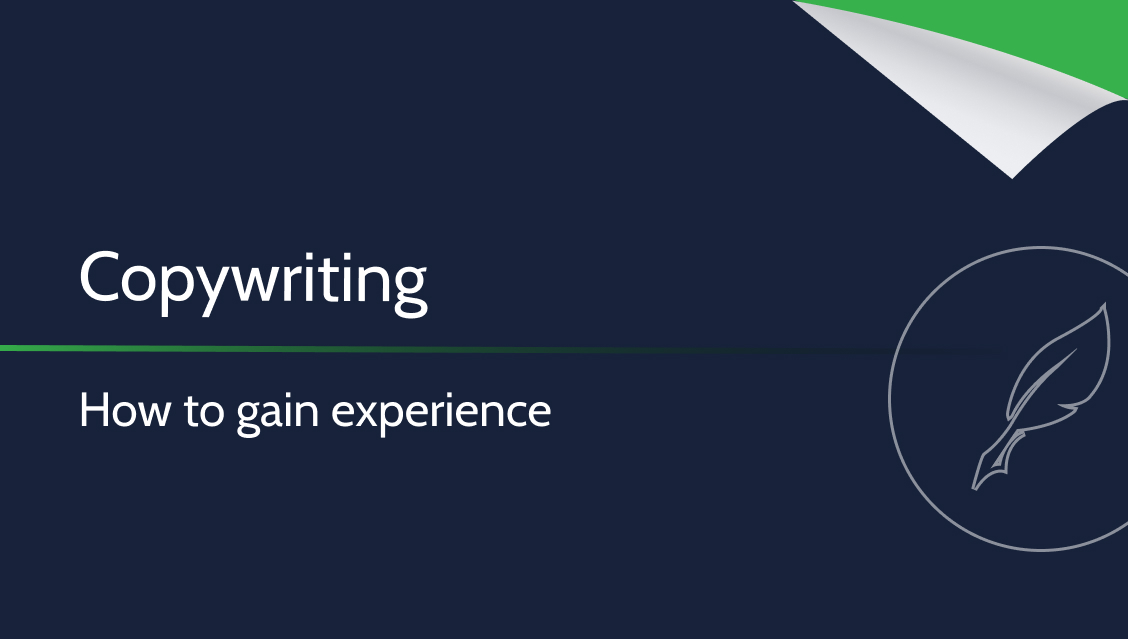

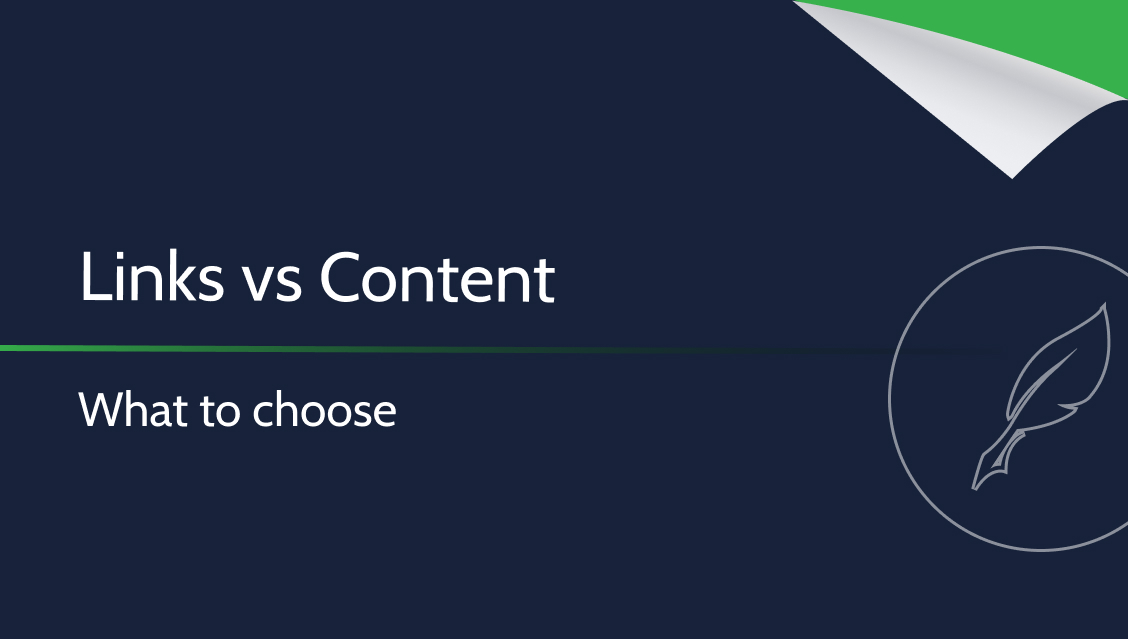
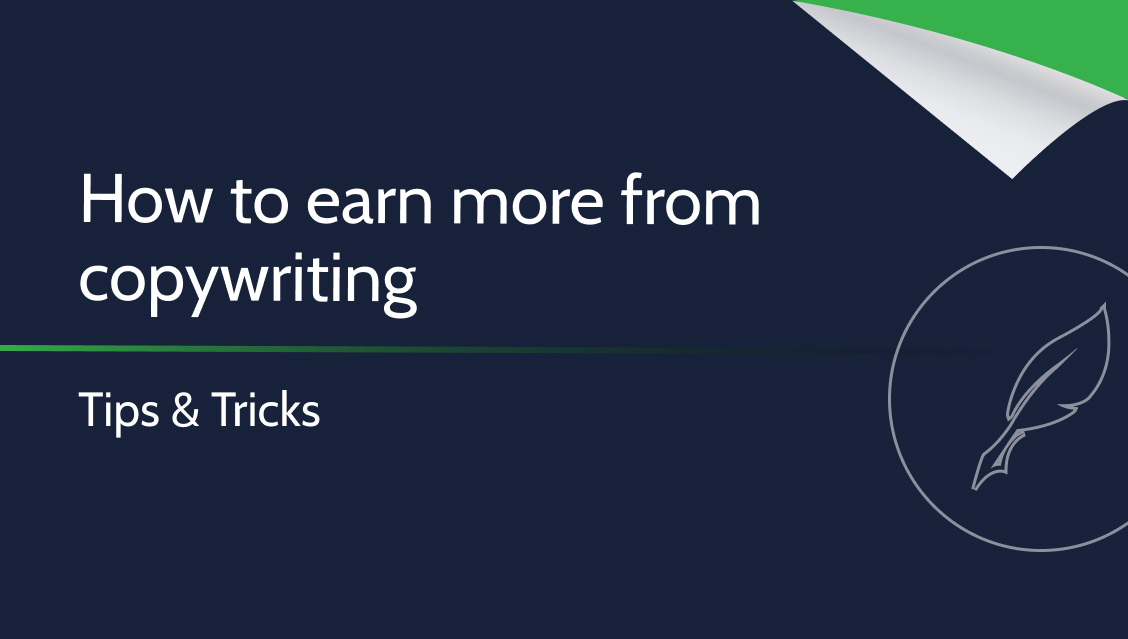
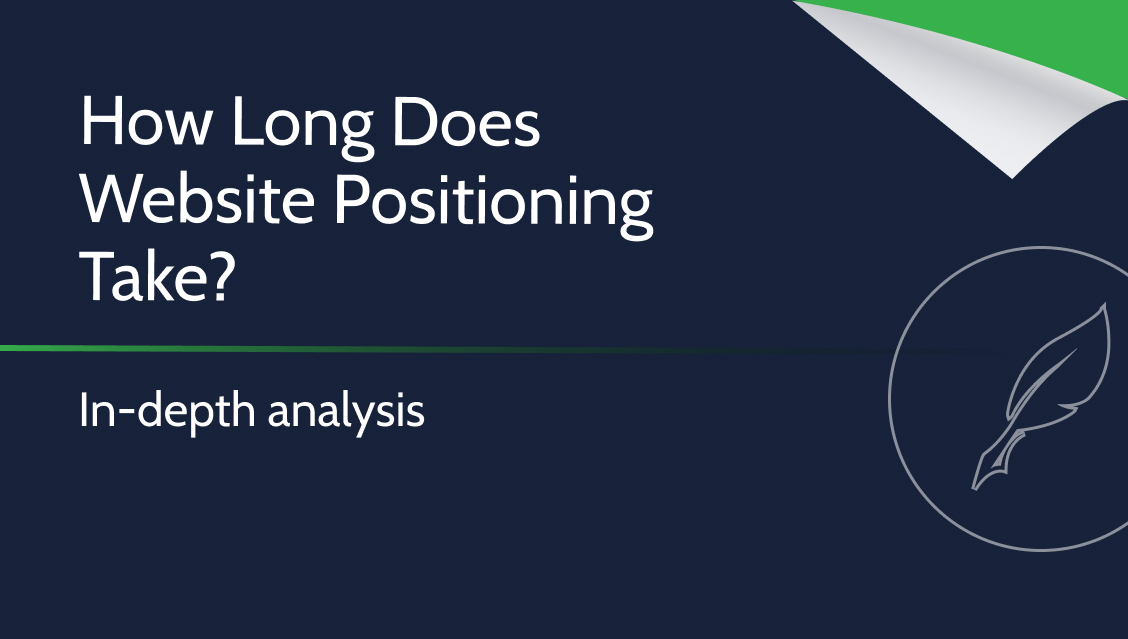



Leave a Reply